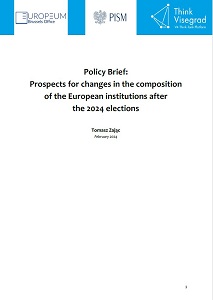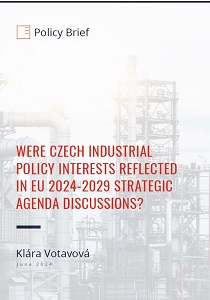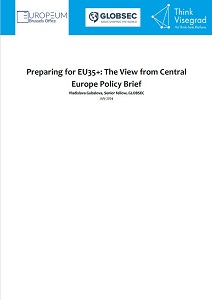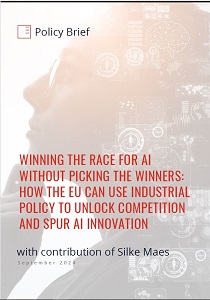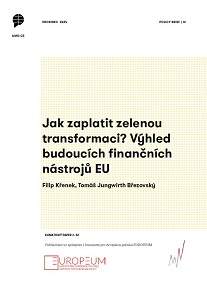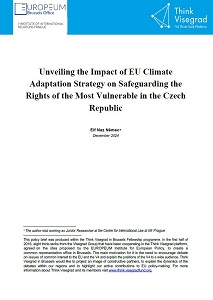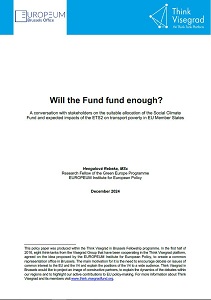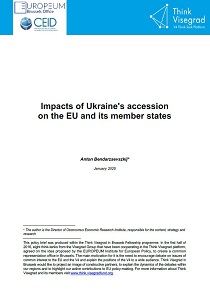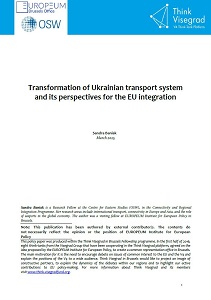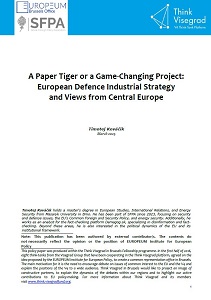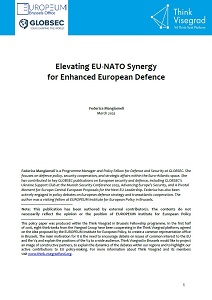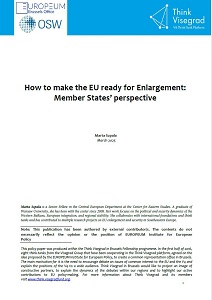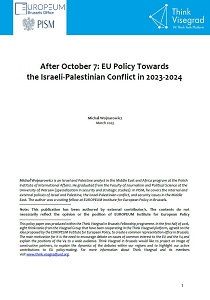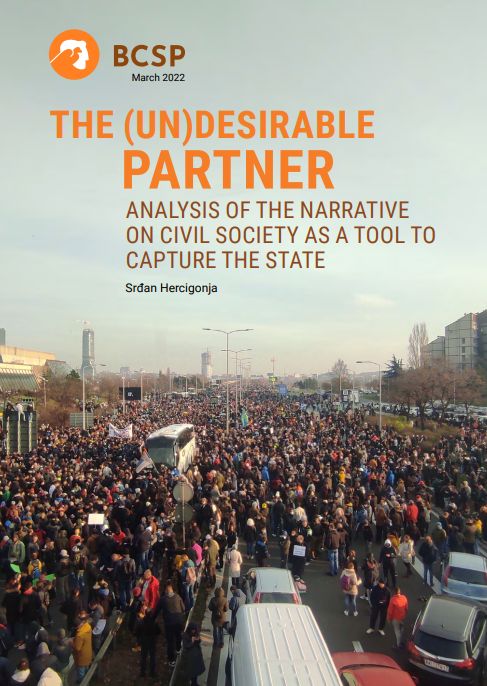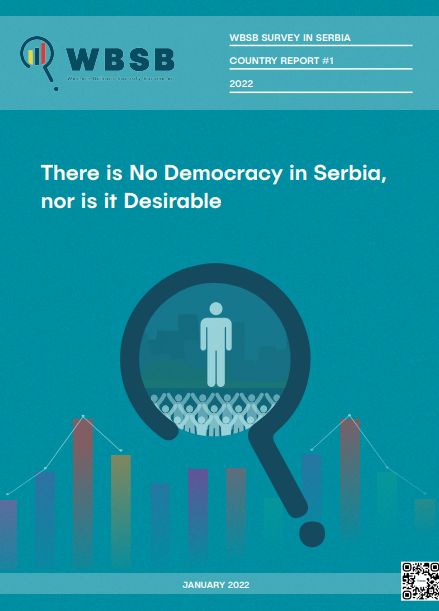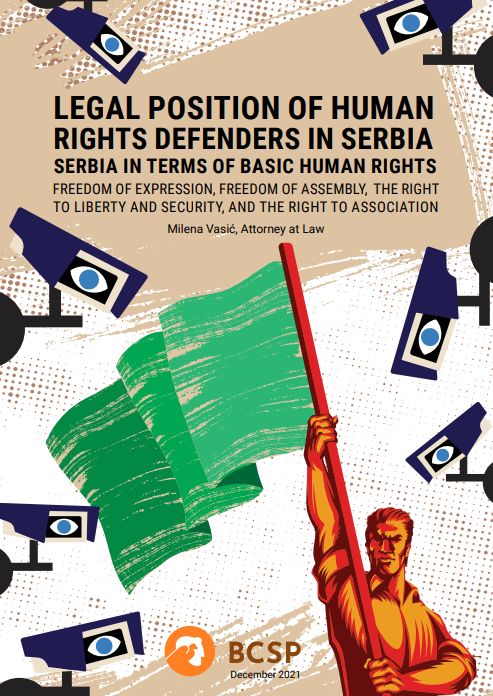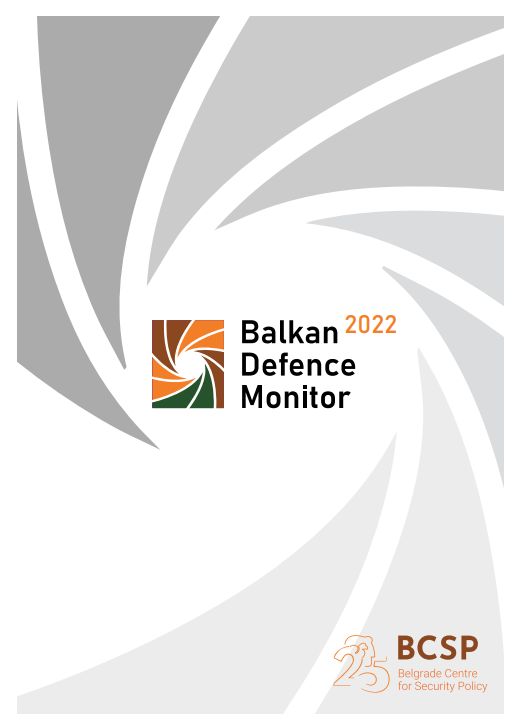
Balkan Defence Monitor 2022
Balkan Defence Monitor 2022
Keywords: defence; military; multinational operations; defence sectors
The first iteration of the Balkan Defence Monitor entails detailed information on defence expenditure in the region, military exercises with international partners, foreign donations, participation in multinational operations and women in defence systems. The report covers data for Albania, Bosnia and Herzegovina, Croatia, Montenegro, North Macedonia, and Serbia. The idea behind the Balkan Defence Monitor is to launch an independent, comprehensive and credible source of information on defence sectors, policies and related issues in the Balkans. The main aim is to try to tackle the lack of information in this field and provide a fact-based alternative to current narratives in the Balkans region.
More...
